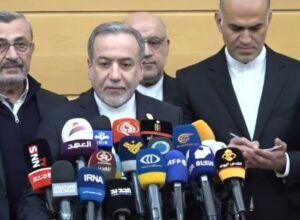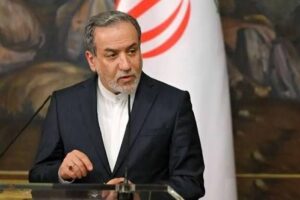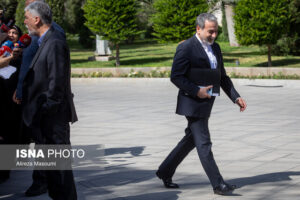Following a joint telephone call between the foreign ministers of Germany, the UK, and France, as well as the EU’s High Representative for Foreign Affairs, and Iran’s Foreign Minister Seyed Abbas Araghchi, the parties agreed to hold the next round of talks next Tuesday.
The talks will take place at the level of deputy foreign ministers. It is expected that Majid Takht Ravanchi and Kazem Gharib-Abadi will head the Iranian delegation in this round of negotiations.
The three European nations—also known as the E3—had threatened to trigger the snapback mechanism if Iran failed to return to the negotiation table to resolve the nuclear issue by the end of August.
Iranian officials have consistently stated that they are ready to negotiate in order to find a diplomatic solution to the problem based on mutual respect.
Iran was in the middle of negotiations when Israel launched attacks. Backed by the U.S., Israel targeted Iranian civilians, military commanders, and its peaceful nuclear facilities in waves of aggression that lasted 12 days before a ceasefire was called.
According to the International Atomic Energy Agency, Iran has never sought to build a nuclear bomb.
Furthermore, according to some experts, the E3 is not entitled to activate the snapback mechanism, since the European parties themselves violated their commitments under the Joint Comprehensive Plan of Action (JCPOA).

Aragchi says Lebanon visit focuses on regional security
Iranian Foreign Minister Abbas Araghchi arrived in Lebanon on Thursday afternoon to hold talks with the Arab country’s officials. Speaking upon arrival at Beirut’s Rafic






